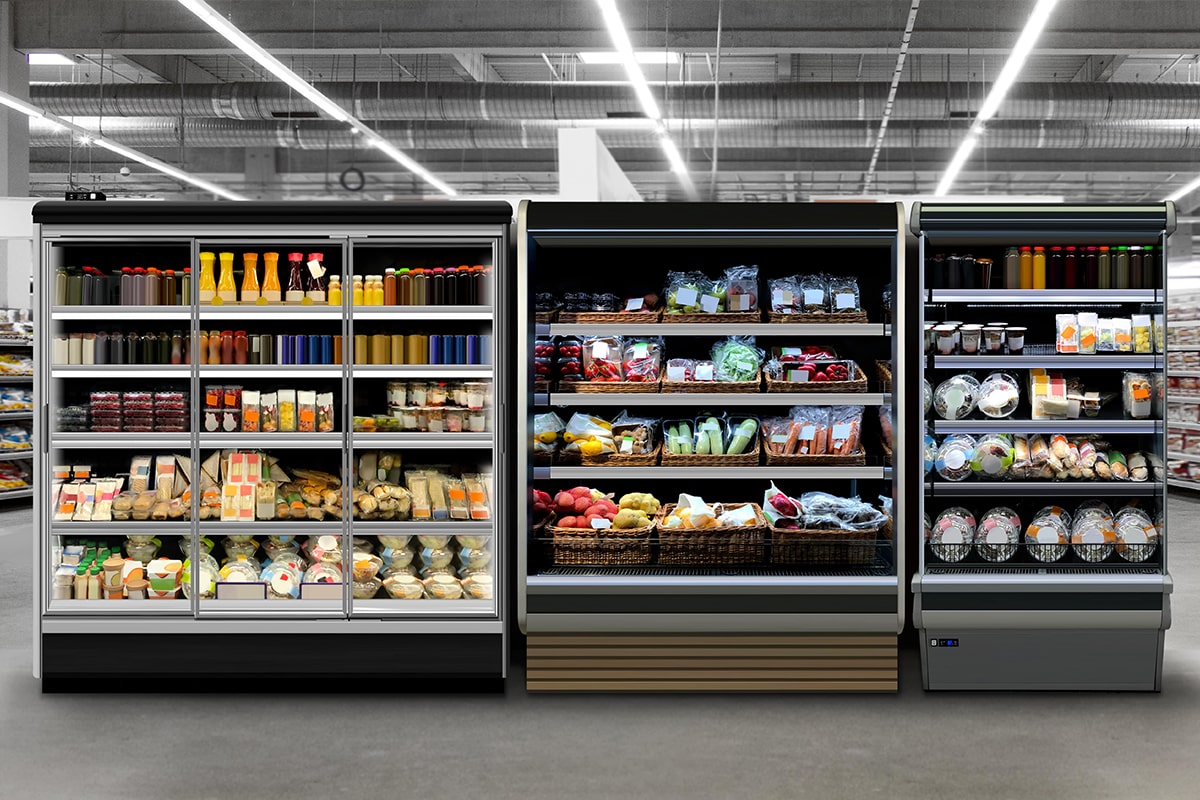Refrigeration systems are technologies widely used from daily life to industrial applications. Their fundamental function is to extract heat from a specific area or device and transfer it to a cooler environment. Classic examples include refrigerators and air conditioning systems used in homes, while larger-scale applications encompass food storage facilities and data centers.

The working principle of refrigeration systems generally relies on the fundamental laws of thermodynamics. A refrigerant fluid, circulated in a closed loop, is capable of absorbing and transporting heat. This loop typically consists of a compressor, condenser, expansion valve, and evaporator.
Basic Principles and Practices
Cooling systems are one of the indispensable technologies of today's modern world. They serve as lifelines in many areas such as air conditioning, food preservation, medical applications and industrial processes. Basically, it is designed to take away unwanted heat and lower the temperature of a certain area or substance.
The process progresses as follows:
Compressor: Compresses the refrigerant to increase its temperature and pressure.
Condenser: The refrigerant, in the form of a hot gas under high pressure, releases heat to the surroundings, condenses, and becomes liquid.
Expansion Valve: The liquid refrigerant under high pressure is released through the expansion valve to reduce pressure and lower the evaporation temperature.
Evaporator: The liquid refrigerant at low pressure and temperature evaporates by absorbing heat from the surroundings. At this stage, the surrounding environment cools due to the absorbed heat.
Cycle Repeats: The vaporized refrigerant is sent back to the compressor, and the cycle continues.
This fundamental principle can be applied in various forms based on specific details and customized designs. Energy efficiency, sustainability, and environmental impacts play a crucial role in the design of modern cooling systems. For example, some new cooling systems can operate using renewable energy sources like solar power or employ eco-friendly refrigerants.
Cooling systems are an indispensable part of modern life, representing a significant branch of technology due to their roles in providing both comfort and protection. With innovative designs and environmentally conscious approaches, we observe that these systems continually evolve and become more efficient.
Applications of Cooling Systems and Ways to Increase Their Effects
Below are some applications of cooling systems and some suggestions to increase their efficiency:
Food industry
Cooling systems are critical for preserving the freshness and long-term storage of foodstuffs.
Medical Field
Cooling systems are essential for critical medical needs such as storing medications and maintaining blood and other biological samples.
Air conditioning
Air conditioning and cooling systems are used for comfortable living spaces and workplaces.
Productivity
To increase the efficiency of cooling systems, regular maintenance, appropriate insulation, correct sizing and the choice of energy efficient models are recommended.
Cooling systems constitute one of the cornerstones of modern society as technological wonders that make our lives easier and increase our comfort level. With constantly improving technology, progress is being made towards developing more efficient and environmentally friendly cooling solutions. For these systems to work effectively, a good design, proper installation and periodic maintenance are mandatory.
Would you like to review our specially manufactured industrial cooling products? Click Here..!






